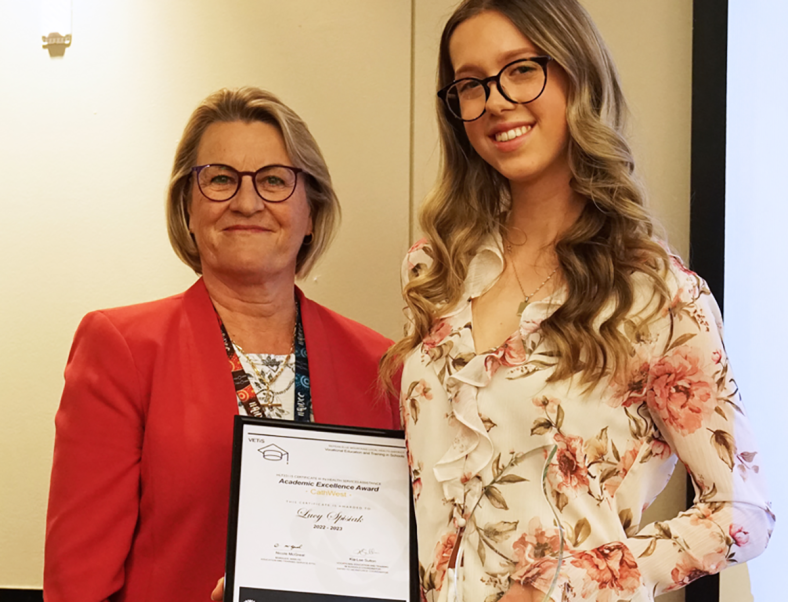There are growing calls for the government to change the law to protect one in four Tasmanian workers missing out on $76.6 million in superannuation payments in a year.
Industry Super Australia (ISA) analysis of the latest tax file data (2018/19) shows 56,000 or 27% of Tasmanian workers were short-changed on their super at an average of $1,350 annually.
This year the $450 threshold was removed – which meant workers were not paid super if they earned less than that amount a month – and the super rate increased from 10% to 10.5% of wages.
But thousands of Tasmania workers won’t get the full benefit of these changes because they are being short-changed. and missing out on super payments can cost a worker up to $60,000 at retirement.
By changing the law to require all employer to pay super at the same time as wages, workers wouldn’t have to chase their employer or doubt they’re getting paid their rightful entitlement.
While most employers do the right thing, some are exploiting an old-fashioned rule that allows them to pay super quarterly, often despite what is written on the payslip. Without alignment of super and wages, workers often lose track of payments and only discover they’ve been underpaid when it is too late for recovery.
Some small business owners also succumb to the temptation of using their employee’s super contributions for cashflow, also leading to underpayments.
The Australian Tax Office’s dismal and patchy enforcement has seen only 15% of unpaid super recouped.
With limited enforcement and low awareness of the problem a growing chorus of organisations, have backed paying super with wages, which includes Industry super funds, Super Consumers Australia, employer representatives, unions, think-tanks, accounting bodies, law firms and two senate inquiries
Paying super with wages would level the playing field for all employers, stopping the unfair commercial advantage exploitative bosses get by not paying their workers’ full entitlements.
The new Labor government’s commitment beefing up the ATO enforcement targets and including it in the National Employment Standard are welcome but will not stop the problem at its source, the only way to do that is to mandate super is paid with wages.
Super should also be added to the Fair Entitlement Guarantee – a government fund of last resort that pays a workers’ wages after a company goes under – many businesses go bust owing a substantial amount of super.
Comments attributable to Industry Super Australia Chief Executive Bernie Dean:
“With super going up, and thousands of lower-paid workers finally eligible to receive it, it’s even more important for the government to make sure workers get what they are owed.”
“There’s a growing number of organisations calling on the government to change the law to make all employers pay super to their employees when they pay wages.”
“By not mandating employers pay super with wages, politicians are effectively standing in the way of millions of workers getting money they’ve earned and undermining their future economic security.”
Table 1: Unpaid super by Tasmanian federal electorate
Electorate | Persons | Percentage of electorate | Average underpaid | Total ($m) |
Clark | 11,950 | 26% | $1,360 | $16.2 |
Lyons | 11,200 | 28% | $1,394 | $15.6 |
Franklin | 11,650 | 27% | $1,329 | $15.5 |
Bass | 11,550 | 28% | $1,321 | $15.3 |
Braddon | 10,400 | 26% | $1,347 | $14.0 |
Tas Total | 56,750 | 27% | $1,350 | $76.6 |








